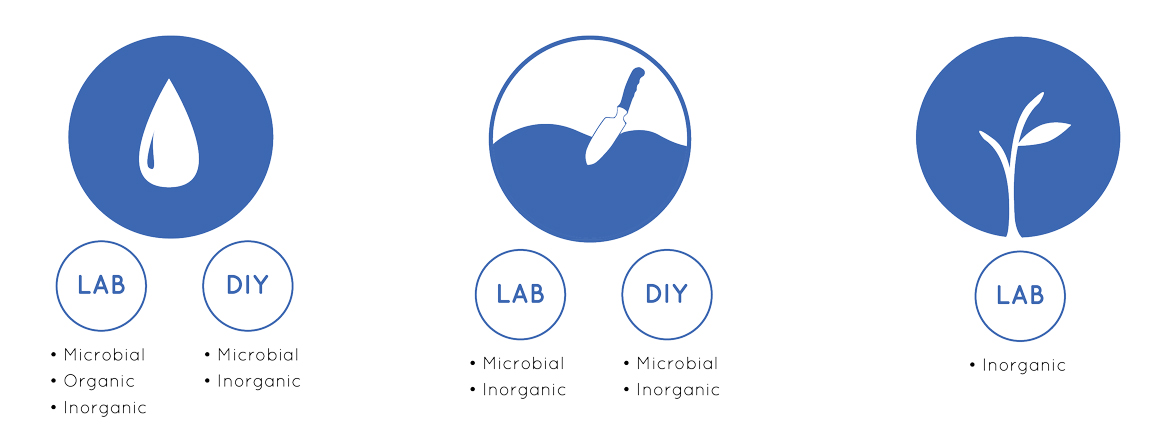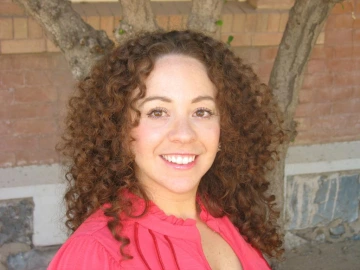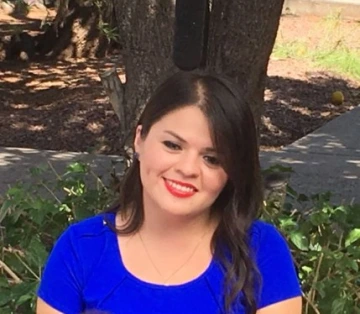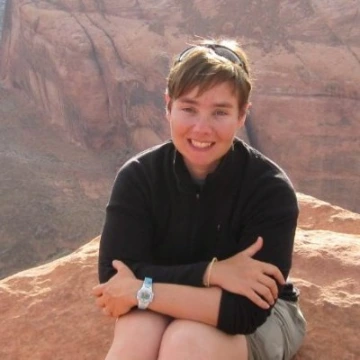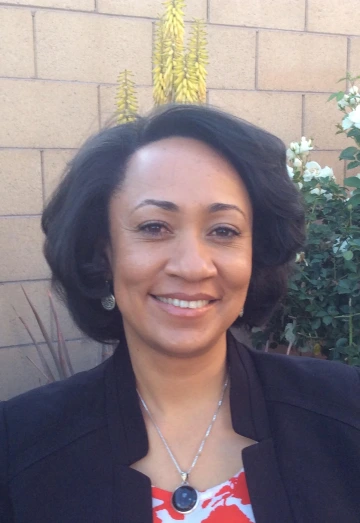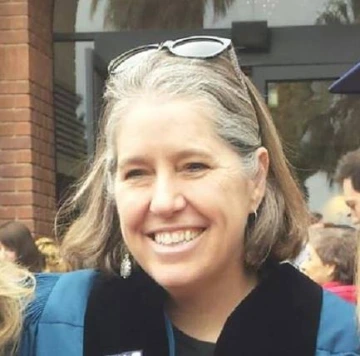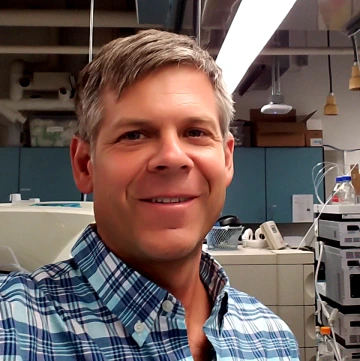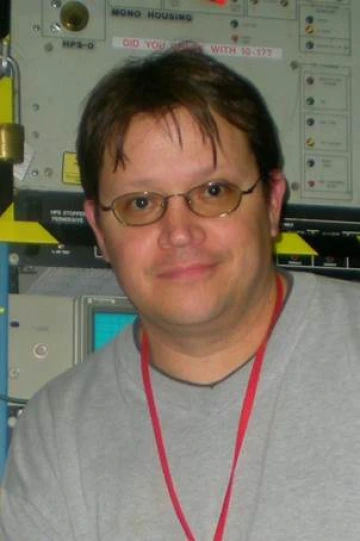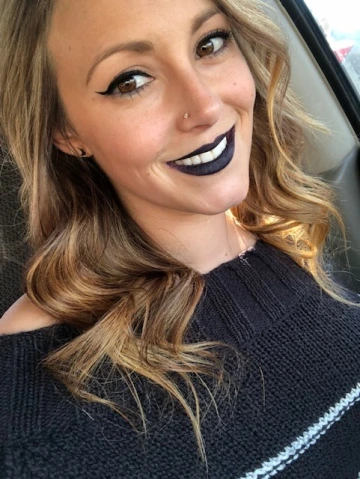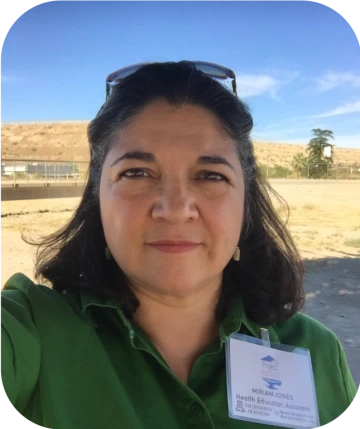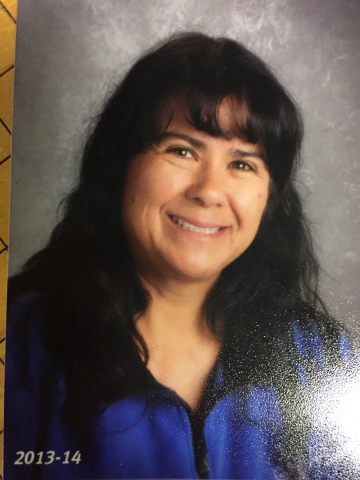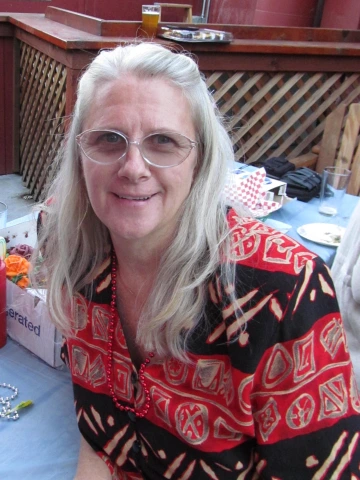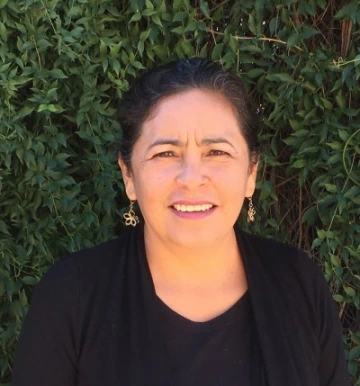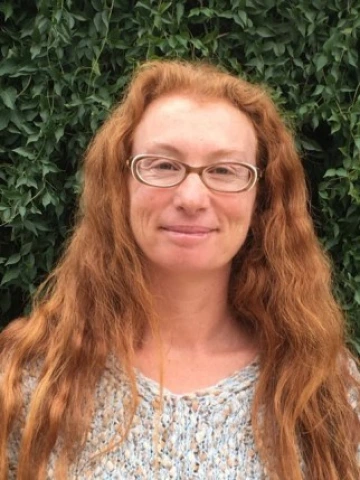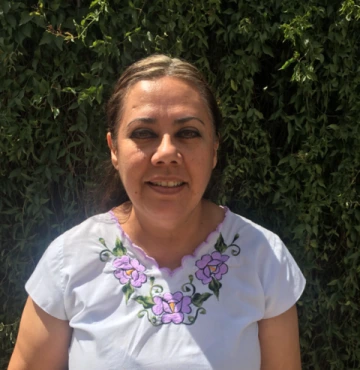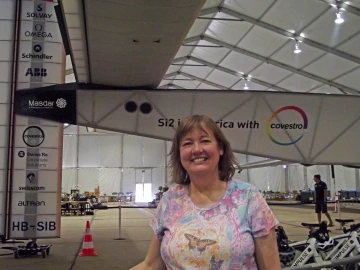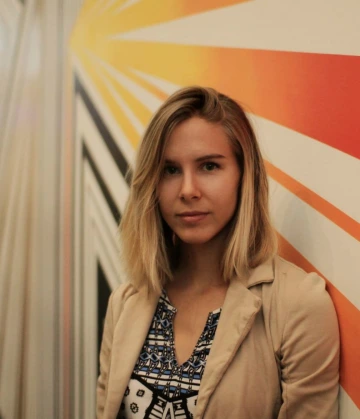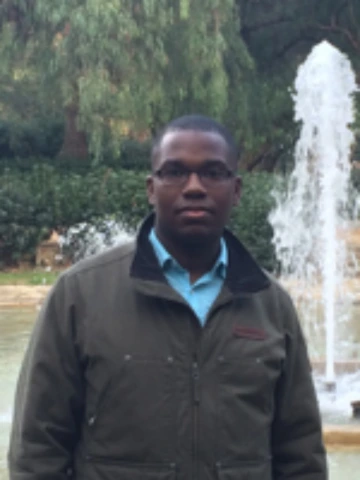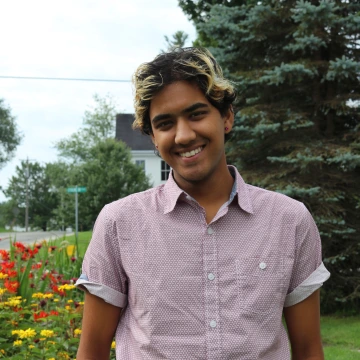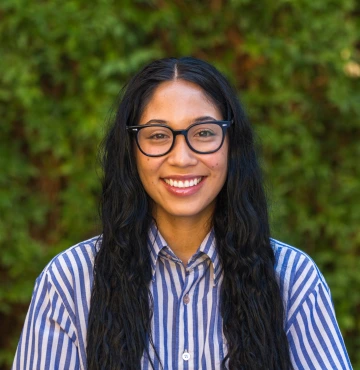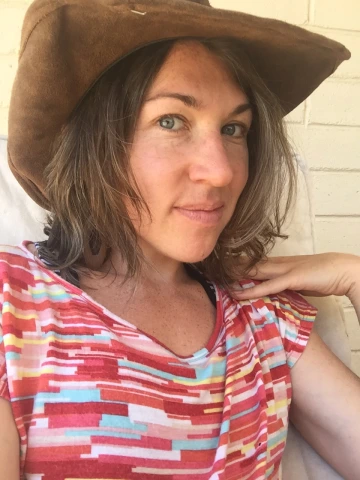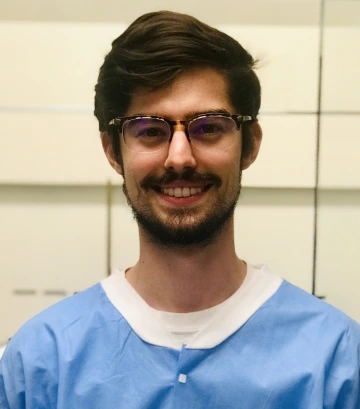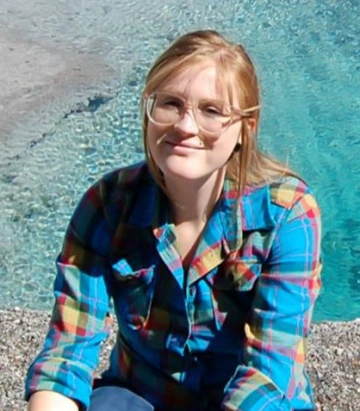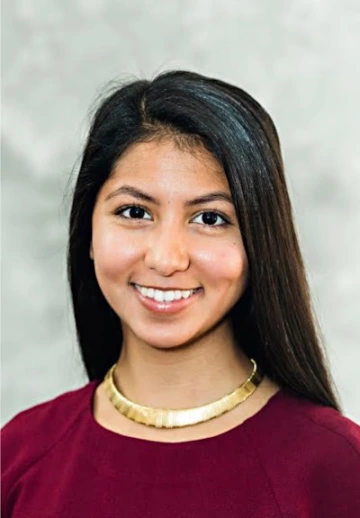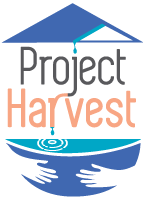Working together to serve our communities through science.
Working together to serve our communities through science.
Together, we will learn about and practice rainwater harvesting to irrigate home and community gardens. Arizona community members have recognized the benefits of harvesting rainwater. However, there is a lack of information regarding the quality of harvested water and there are no monitoring programs. You will be collecting environmental samples from residential, school, and/or community gardens irrigated by harvested rainwater to monitor the quality of harvested rainwater, soil, and plants. By participating in Project Harvest, you will be trained in the scientific method and you will learn how to measure bacteria, organic, and inorganic contaminants in samples alongside our team of environmental scientists over a three-year period. Together, we will co-generate a dataset that will not only inform guidelines and recommendations for safe, harvested rainwater use on gardens, it will support communities to safely and sustainably produce their own foods.
Working together to serve our communities through design
A crucial part of training citizen scientists is visual communication. Including well-designed experiences and data visualizations not only accommodates various learning styles, but also conveys complex information to our end-users in a manner that can be quickly consumed and easily understood. Our aims are to include clear, impactful, and meaningful data visualizations. We are combining data and design in novel ways to help participants visualize their data in order to make more informed environmental decisions. An integral part of Project Harvest is to cross-pollinate environmental health science, data science, and design to then explore data report back strategies across various artistic media, such as: photography, videos, print design, hands-on activities, and interactive community gatherings. By maintaining open communication with participants, we hope to evaluate the ways in which people receive and understand their environmental quality information and how data visualization influences comprehension, knowledge, awareness, and efficacy.
Let's work together. Become a Citizen Scientist!
Learn about the health of the environment in which you live.
By participating, you will complete the following...
Step 1: Training
Be trained in how to collect harvested water, soil, and/or vegetable samples from your garden for environmental analysis (microbial, metals and organic compounds). Meet others in your community who are interested in environmental and food quality.
Starting in May 2017 through September 2017, training sessions will be held in your area - Stay tuned for specific dates
Step 2: Collect Samples and Conduct Home Experiments
You will be given a kit filled with all the tools needed to sample your harvested water, soil, and/or vegetable samples over time. You will work with traditional laboratory supplies and Do-It-Yourself (DIY) gear to monitor your environment!
Sample collection will begin in Winter 2017 and run through Winter 2020
Step 3: Testing and Discovering
Together, we will run tests to determine the concentration of potential contaminants in your environmental samples.
Between Winter 2017 - Winter 2020, sample testing will occur at the University of Arizona and in some cases, in your back yard with DIY kits.
Step 4: Communicating Results
Receive a report with your environmental results! Gather with community members and researchers to discuss results and if necessary, ways to reduce your exposure to pollutants.
Data Sharing will begin in 2020 through 2021
Objectives
Home and community gardens irrigated by harvested rainwater will serve as hubs for environmental research and education. The overall objective of Project Harvest is to promote citizen science in underserved communities. The research goals of Project Harvest are to:
- Understand the fate and transport of potential pollutants in harvested water and how these possible pollutants might impact soil, plant and human health.
- Evaluate the learning outcomes of a citizen science and community-engaged approach to research.
Working alongside promotoras (community health workers) with low-cost sampling kits and using cultural model of risk and environmental communication, the project will:
- Co-produce environmental monitoring, exposure assessment, and risk data in a form that will be directly relevant to the participant's lives.
- Increase the community's involvement in environmental decision-making.
- Improve environmental education and literacy in under served rural and urban communities.
To meet the above aims, we will:
- Build a co-created citizen science program coupled with a peer education model and data sharing process to increase Environmental literacy in historically underrepresented populations that will be disproportionately impacted by climate change.
- Implement a two-prong monitoring approach to determine whether there are differences in learning outcomes and sampling data.
- Evaluate the role of knowledge mediators (promotoras) and different types of data sharing and delivery of results.
- Build trust and bidirectional communication pathways with stakeholders to collaborate and ensure citizen science collected data directly informs water harvesting practices.
Sampling Methodologies
The kits contain sampling materials and an instruction manual on how and when to collect environmental samples. All sampling kits have been distributed. Instructional manuals and participant checklists are available to view below. Environmental sampling methods were different based on sample type (water, soil, and plants), monitoring approach, and contaminants measured.
